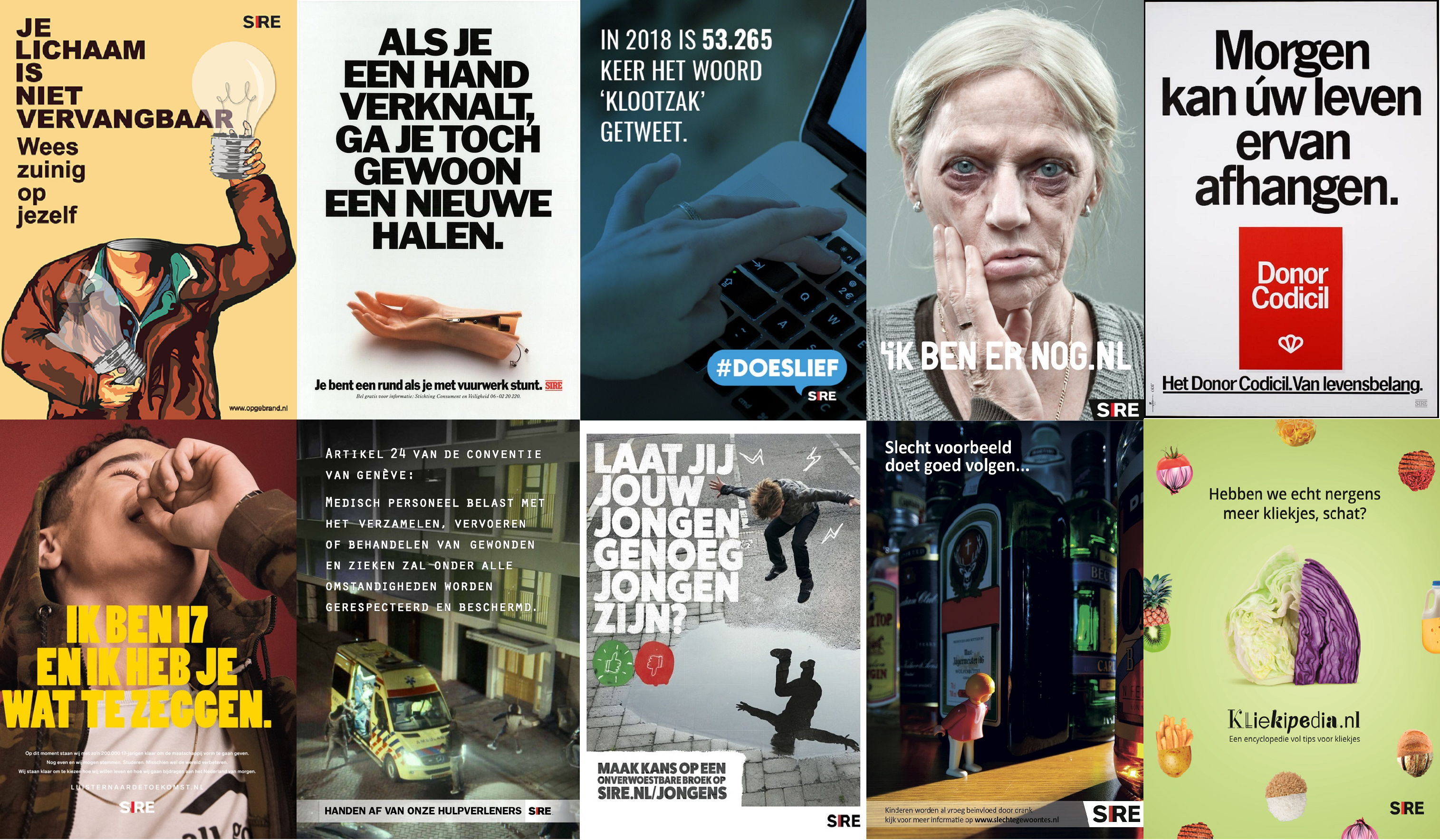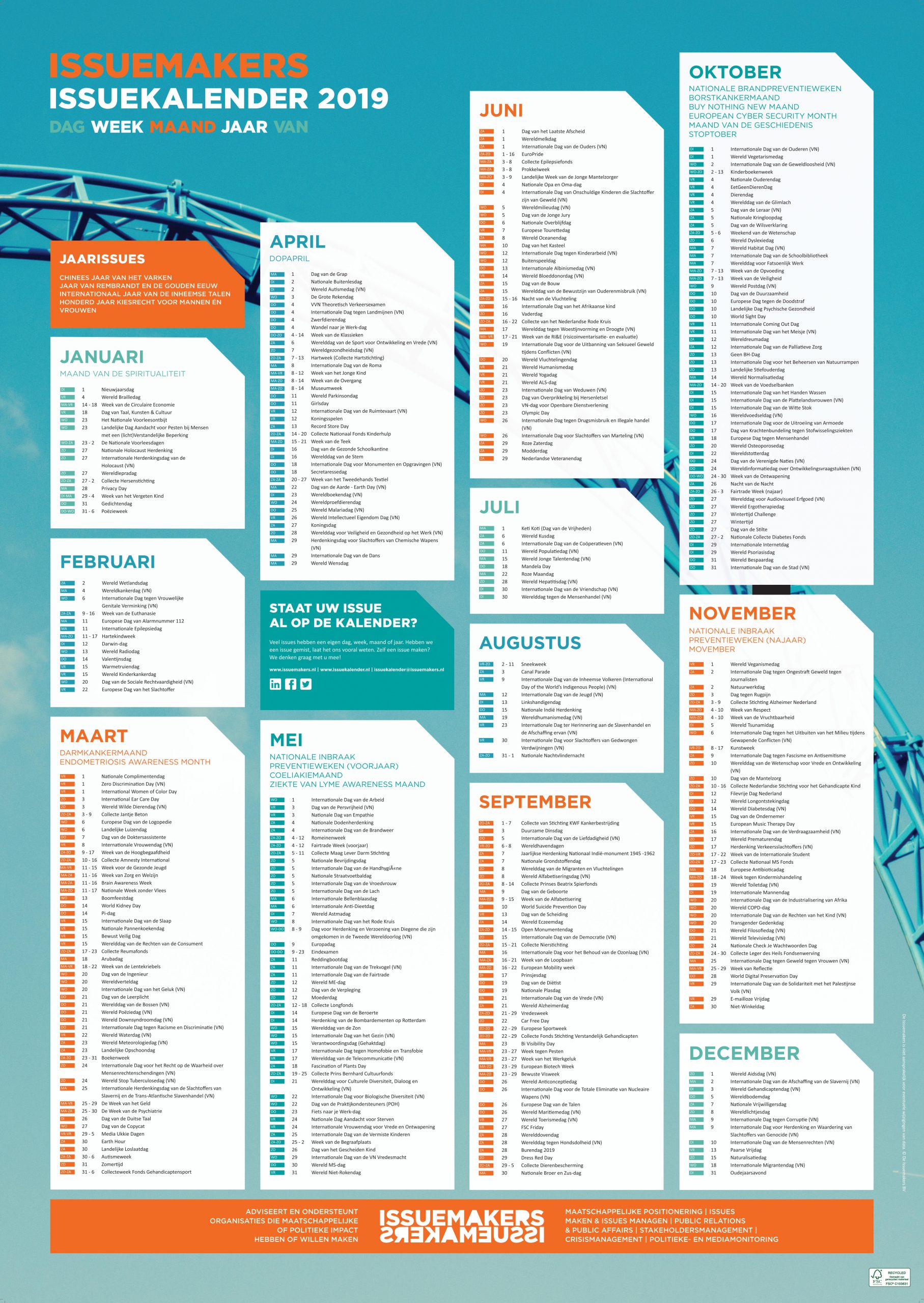
The Speech from the Throne 2019: Willem-Alexander as royal Issuemaker
For many years now, our head of state has been the first to deliver the Speech from the Throne talk of the town. Open the newspaper the day after Budget Day and you will see that almost everyone is talking about the topics that the King draws attention to. By delivering the most famous speech in the Netherlands, our head of state can put issues on the map. Reason enough to examine the King as a 'colleague Issuemaker'.
The Speech from the Throne has long been part of our political system. In the period from 1814 to 1982, the head of state formally only had to open the session of the States General on Budget Day. But it soon became a custom for the King to also deliver a Speech from the Throne, with a preview of the government's plans for the coming year. This custom was not laid down in law until the constitutional revision of 1983. The long history of the Speech from the Throne shows that the 'agenda-setting tool' that the speech can be was not always used efficiently. In 1885, King Willem III concluded the speech from the throne with eleven sentences, including greetings and prayers. MPs spoke of a 'meaningless' piece and 'a caricature of the real situation.'
Fortunately, the speeches from the throne that we know from Willem-Alexander have more text. From the Second World War onwards, government tasks expanded and the Speeches from the Throne also became longer. The King now makes eager use of that space. For example, he regularly calls on Dutch society to pay more attention to social problems. Just a selection of the issues that were put on the agenda in this way in the Speech from the Throne:
- The participation society (2013)
- Radicalization and extremism (2014)
- Mixing of the upper and underworld (2015)
- Refugee flow (2015)
- Gas problems in Groningen (2016)
- Cybersecurity (2017)
- Loneliness among the elderly (2018)
There is therefore nothing wrong with the social commitment in the Speech from the Throne. But the way in which this social commitment is expressed could be improved, as research by Dr. Gerard Breeman and Prof. Dr. Arco Timmermans. The Public Administration Scientists at Leiden University showed with a woolliness index that the Speech from the Throne in 2018 only contained 36% substantive statements. This means that only the 1981 Speech from the Throne under the Van Agt-Den Uy cabinet scored lower.
In addition, an analysis of the themes discussed shows that there appears to be a more conscious choice under the Rutte Cabinet to emphasize or tone down certain themes. Is it politically inconvenient to identify a social issue? Then the subject can simply be deleted from the Speech from the Throne. For example, last year the gentlemen missed encouraging words from Willem-Alexander for the disappointing and slow pace of the energy transition.
Of course, we at De Issuemakers also listen to the Speech from the Throne with interest. We are not only curious about which issue the King emphasizes this year, but also which issue he leaves undiscussed. In any case, we hope that he will take this tip from a 'colleague Issuemaker' with him at the last minute: This year, leave out the woolly statements and use clear language!
Fierce ministers hidden behind woolly language (Dr. Gerard Breemani and Prof. Arco Timmermans: September 24, 2018)
The States General: five and a half centuries of history of parliament (Arnout van Cruyningen: 2014)



